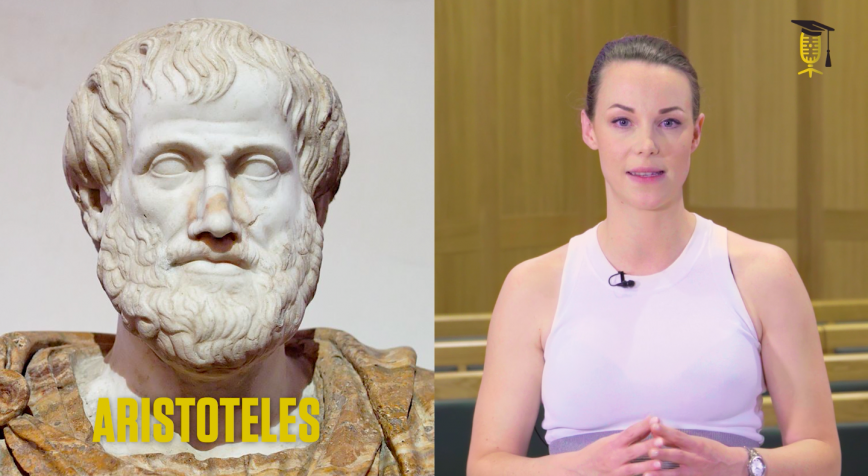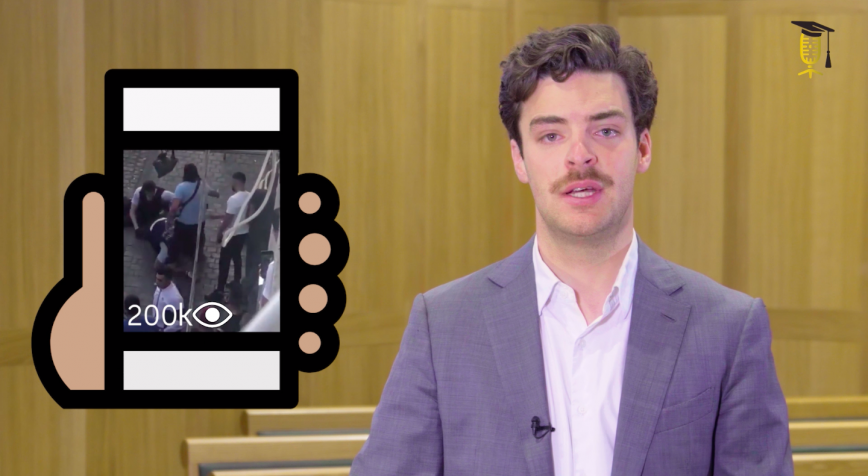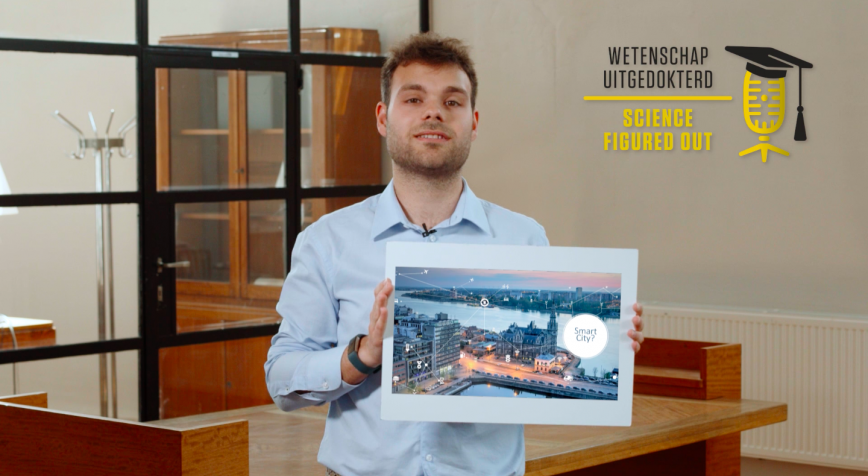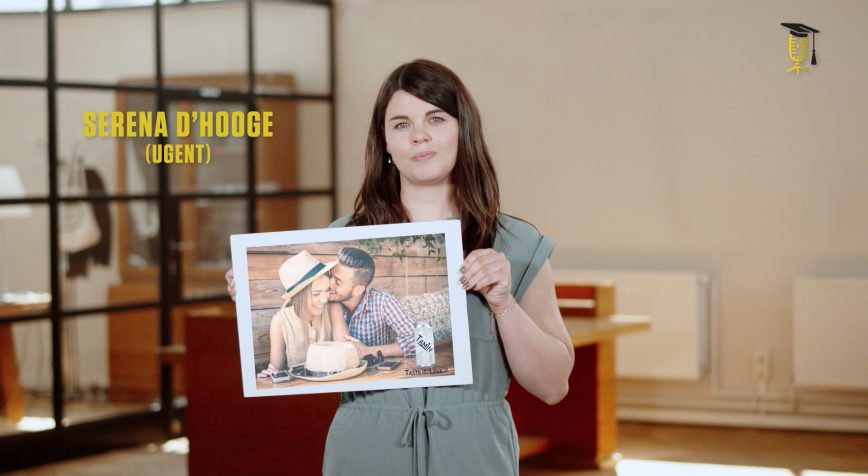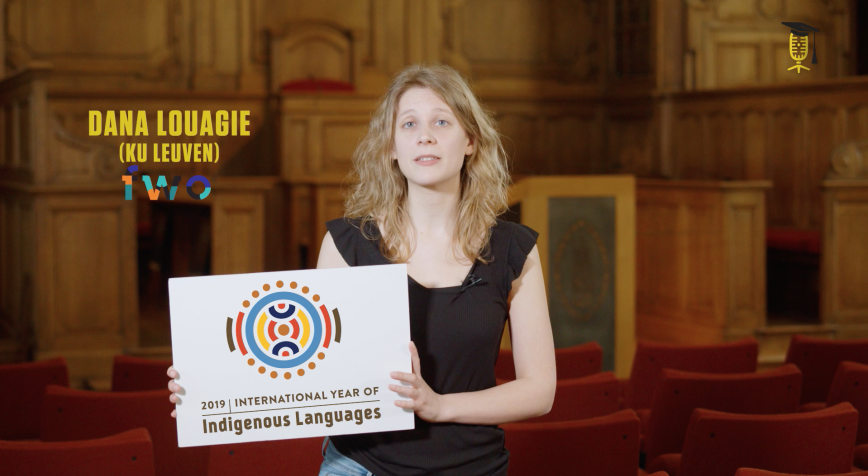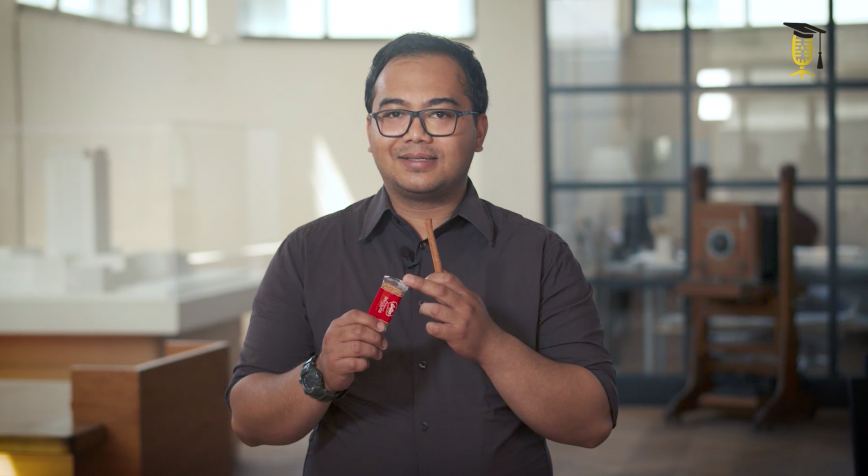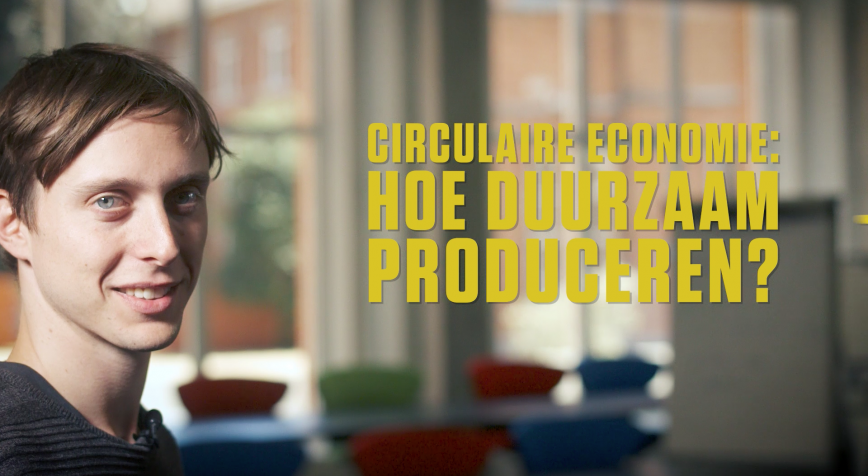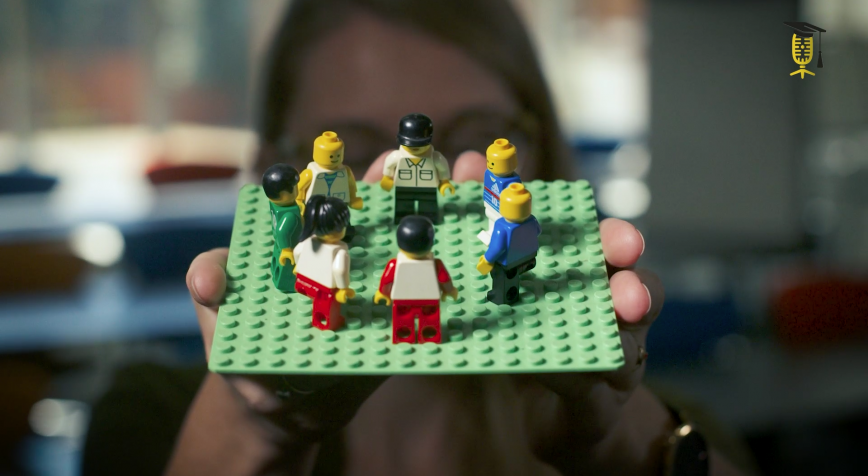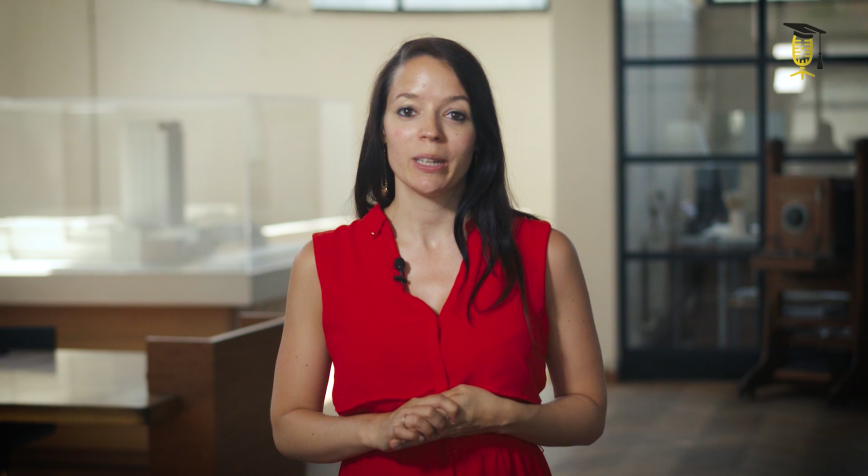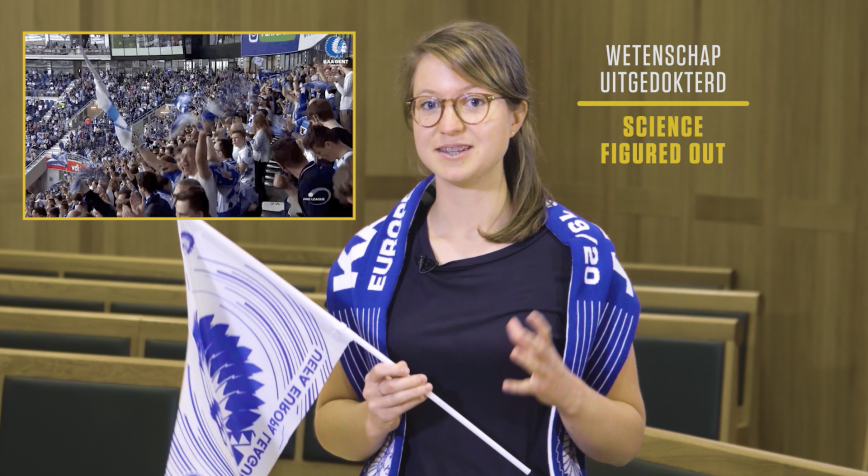
UGent
The power of singing together
Football supporters, the scouts, students, churchgoers, ... They all like to sing together because singing together unites. People were already aware of this in the 18th century. In her research, Renée Vulto (Ghent University) looks at how singing together was used as a political instrument at that time, in order to strengthen national identity and create a sense of belonging.

